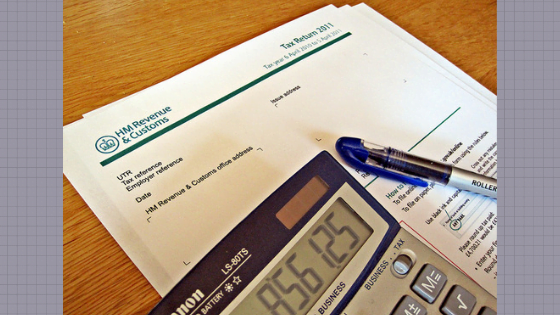IR35 is a piece of tax legislation designed to identify tax-avoiding individuals working as ‘disguised employees’. Someone who provides services to a company via a limited company but appears to be treated as an employee would be can be deemed to be a ‘disguised employee’ by HMRC. If someone is regarded as a ‘disguised employee’, HMRC may decide that they should be taxed in the same way that a permanent employee would be
What is the purpose of IR35?
The legislation first came into force in 2000. It was created to stop individuals enjoying the contractor tax benefits without accepting the extra responsibilities of company ownership. To avoid falling under IR35, contractors must accept the same levels of liability, control and responsibility as other limited company directors. HMRC are likely to class someone as being inside IR35 if you work as a contractor but receive the same benefits, control and responsibilities as a permanent employee would.
Confusion around IR35
Many contractors are unaware of whether they come under IR35 or not. If you have been working as a contractor and are in need of guidance, it’s a wise move to have a contract review carried out by a specialist. The legislation can seem very complex and unclear, which is why it can be so beneficial to have a review carried out for you.
The risks of being inside IR35
If you are found to come under IR35, the consequences could be tough and you may receive considerable financial penalties. The legislation was drafted to prevent people who are treated as employees yet receive contractor tax breaks from doing so. Someone who is a ‘disguised employee’ may enjoy reduced tax liabilities and NI contributions that the law says they are not entitled to. You also have more chance of falling under IR35 if all your work is for the same company.
Defending yourself
Should HMRC accuse you of being a ‘disguised employee’ when you are not, it’s vital to keep hold of as much relevant evidence as you can to fight your case. If HMRC choose to carry out an investigation, you will need to present this information to show them that you have been complying with the rules. A number of checks may be carried out to verify whether you are acting in compliant fashion – you may need to prove that you use your own equipment to carry out your work, show evidence of your expenses, receipts for materials and show that you have the right to use a subcontractor.
Using your contract as evidence
HMRC will almost certainly want to see a copy of your actual contract if they do decide to investigate your working practices. You may need to show that you are permitted to choose your own working hours and that you are not provided by benefits like sick pay, holiday pay and so on. In many cases, the contract itself will not be enough – even if it appears to be IR35-compliant, they will still seek out evidence that the terms are actually being adhered to.
To find out more about our IR35 contract review services, contact us today. We can also help with your end of year tax accounting needs and offer professional business and bookkeeping advice.
As a self employed worker, have you given any thought to your pension? You may not be a candidate for auto-enrolment into a pension scheme, however there are still plenty of options to save for your retirement when you are self-employed.

